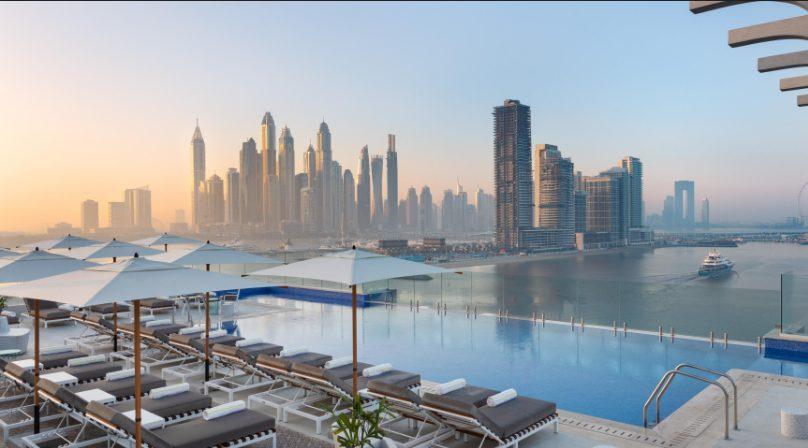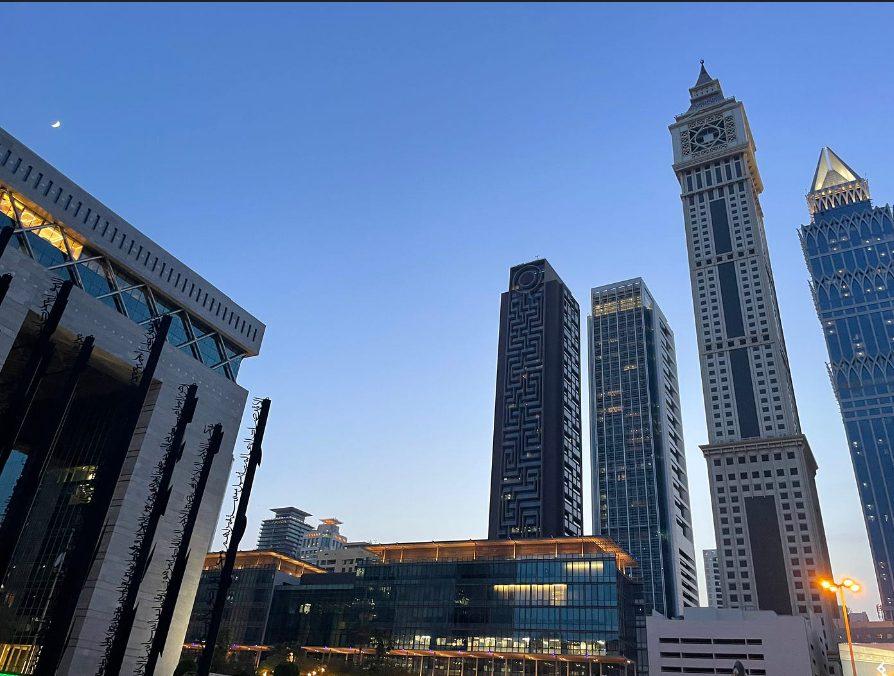
How to Sell Property in Dubai: A Complete Guide
How to Sell Property in Dubai: A Complete Guide. Although it can be a satisfying experience, selling real estate in Dubai can be intimidating if you don’t know where to begin. I want to share my experience and provide some helpful tips on how to sell your house successfully because I’ve been through the ups and downs of this exciting real estate market. Understanding the Dubai Real Estate Market It’s important to comprehend the distinctive features of the Dubai real estate market before beginning the selling procedure. Dubai is renowned for its vibrant real estate market, which is shaped by a number of variables including travel, economic expansion, and governmental laws. Demand can cause prices to change, therefore it’s critical to monitor current patterns. Also see: The Best Financing Options for Buying Property in Dubai Preparing Your Property for Sale The first step in selling your property is to prepare it for the market. I always recommend starting with a deep clean and decluttering the space. Here are some key tips I found helpful: Improve Curb Appeal: Initial impressions count! Make sure the outside is welcoming. To make your property stand out, think about adding some landscaping or a fresh coat of paint. Set Up the Property: When selling a house, setting it up for possible buyers to move into might help them see themselves living there. I’ve discovered that thoughtfully arranged furniture and décor can completely change an area. Make Repairs: Take care of any small problems, such as squeaky doors or leaky faucets. The perception of a buyer might be greatly influenced by these minor characteristics. Collect Vital Documents: Get all the paperwork ready, including the property value, service charge statements, and title deed. Having things ready can make the selling process go more smoothly. Also see: How to Choose the Right Property for Investment in Dubai Setting the Right Price Appropriately pricing your home is essential to a successful sale. To determine the market worth, I advise looking up comparable properties in your neighborhood. To view current sales and listings, utilize real estate websites such as Property Finder or Bayut. Advice: Take into account working with a real estate agent who can offer an expert appraisal and market knowledge. With their experience, you can maximize your profits and set a competitive price. Marketing Your Property It’s time to properly market your house after you’ve prepared it and determined the asking price. This is how I went about it: Online Listings: To reach a wider audience, make use of well-known real estate portals like Dubizzle and Property Finder as well as social media sites. Add crisp images and a catchy description that highlights the special qualities of your home. Employ a Real Estate Agent: Having a knowledgeable real estate agent as a partner can greatly increase the visibility of your property. They can negotiate on your behalf and have access to a network of possible buyers. Organize Open Houses: In my experience, allowing prospective buyers to tour the property in person helped them make an informed decision. It also allows you to highlight its finest attributes. Also see: Why the World’s Wealthiest are Flocking to Dubai’s Real Estate Negotiating Offers When offers start coming in, be ready to compromise. During this time, I recall experiencing a mixture of excitement and anxiety. The following advice will assist you in navigating negotiations: Maintain an Open Mind: Accept offers from other sources, even if they fall short of what you’re looking for. There may be opportunities for bargaining that result in a good agreement. Know Your Bottom Line: Prior to starting any talks, decide on the lowest amount you are willing to take. During conversations, this clarity will help you maintain your attention. Act with professionalism: Even if the negotiations get heated, always communicate in a professional and courteous manner. Developing a positive relationship with prospective customers can help. Concluding the Transaction Once you’ve accepted an offer, it’s time to finalize the sale. This is what to anticipate: Also see: Top 5 Strategies for Navigating Dubai’s Real Estate Market Employ a Lawyer: I strongly advise collaborating with a real estate transaction specialist attorney. They can assist with contract reviews and make sure all is in accordance with local laws. Obtain No Objection Certificate (NOC): You must get a No Objection Certificate (NOC) from your developer prior to the ownership transfer. This document attests to the fact that the property is free of unpaid debts. Finalize the Transfer: To formally transfer ownership, the buyer and you must visit the Dubai Land Department. Ensure all parties have the appropriate documentation ready for a seamless transaction. Conclusion How to Sell Property in Dubai: A Complete Guide. Selling property in Dubai doesn’t have to be a daunting task. By understanding the market, preparing your property, setting the right price, marketing effectively, negotiating confidently, and finalizing the sale with the proper documentation, you can navigate the process successfully. I hope my journey and insights can help you in your selling endeavor. Remember, patience is key, and with the right approach, you’ll be well on your way to closing a successful sale!










